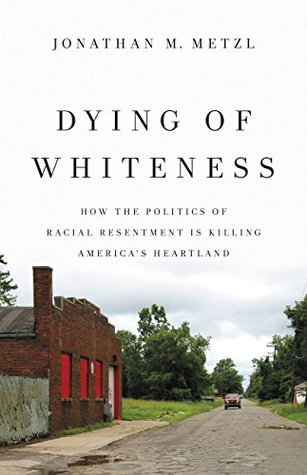Where white men often defined government involvement as a risk or debt, many black men saw a communal safety net as an investment. Expanded health care enabled well-being for highly practical, seemingly nonideological reasons: health care allowed more people to go to doctors and to do so before they became gravely ill, thus saving money and improving quality of life.
Welcome back. Just a moment while we sign you in to your Goodreads account.


